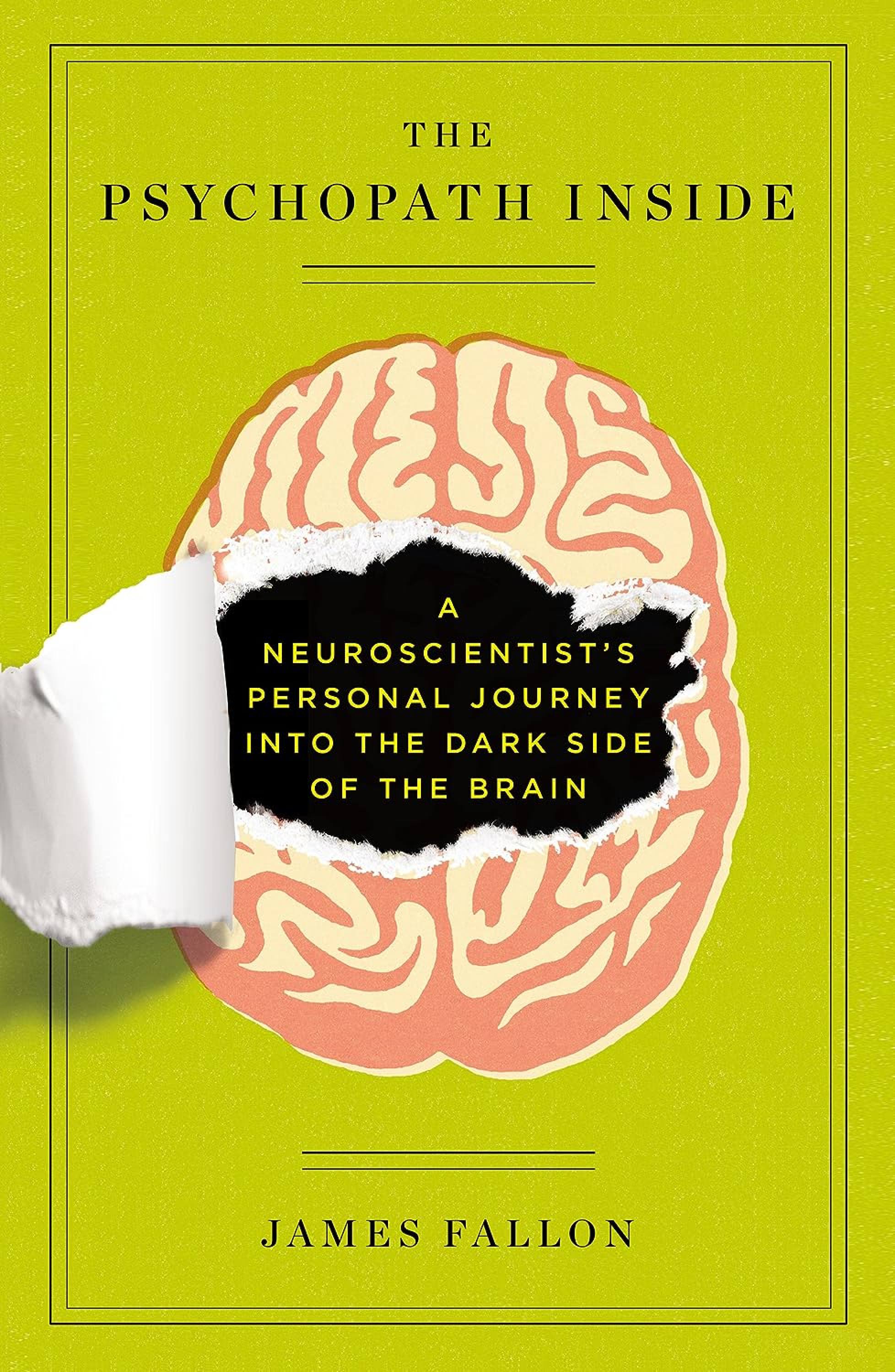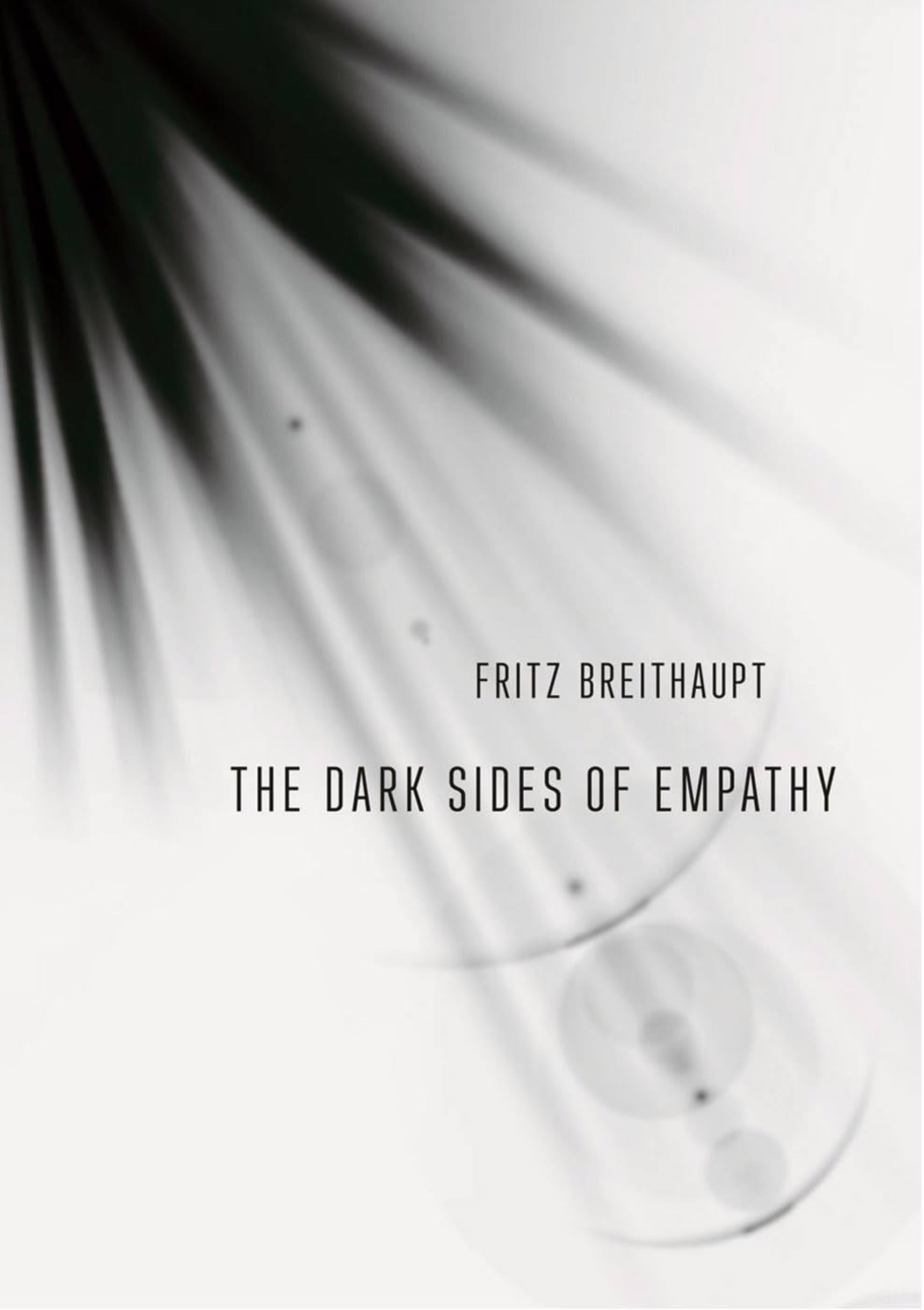
Empathy is understanding, acknowledging, and being sensitive to others’ feelings, thoughts, and experiences. It makes us human – enabling us to form healthy, social connections – and is the basis for meaningful, long-lasting relationships.
According to a recent study by Chinese academics, the Covid-19 pandemic had a severe impact on adolescents’ abilities to empathise with others. Lockdowns affected young people’s abilities to develop their social skills and engage in more emotional interactions.
Empathy is almost always discussed in positive terms. On the whole, the willingness, desire, and capacity to empathise is a net positive, for individuals and society.
Dr Fritz Breithaupt, a professor of cognitive science and Germanic studies at Indiana University in the United States and author of The Dark Sides of Empathy, writes that, through empathy, the suffering of others is our suffering, but their happiness can be ours as well.

Dr Fritz Breithaupt is a professor of cognitive science and Germanic studies at Indiana University, in the United States, and author of “The Dark Sides of Empathy”. Photo: Dr Fritz Breithaupt
“Empathy can save lives,” Breithaupt adds, “whether by connecting emotionally with a suicidal teenager, or by motivating humanitarian aid workers.”
Psychiatrist Dr Ester di Giacomo, an academic at the University of Milan in Italy, who has researched empathy, tells the Post that the ability to accurately interpret and share the feelings of another “is a crucial aspect among an individual’s skills, and it is fundamental to establish and nourish positive relationships”.
Still, she warns: “Even if it is considered a positive ability, it might be used for vicious purposes.”
There are different types of empathy.
Affective empathy – the way empathy is traditionally viewed – involves the ability to feel what another person is feeling.
Cognitive empathy, also known as empathic accuracy, is the ability to accurately identify another person’s current emotional state. Unlike affective empathisers, cognitive empathisers do not actually “feel” what others are feeling.
This is where danger lurks – three types of danger.

The cover of Fallon’s book. Photo: Amazon
1. Empathy can be weaponised
The word psychopath has negative connotations, and for good reason. According to US neuroscientist James Fallon – who says he shows neurological and genetic correlates of psychopathy – those with extreme antisocial tendencies can score high on cognitive empathy.
That’s because many psychopaths excel at reading other people. They may register another person’s emotions on a cognitive level, but not on an emotional one.

The cover of Breithaupt’s book. Photo: Amazon
Breithaupt tells the Post that “empathy can be used to enjoy the pain of others”. This is called “empathetic sadism” and can describe “the emotional and intellectual enjoyment that most people feel in situations of punishment, watching tragedies, and such common events as embarrassment, bullying, and domination”.
The ability to identify but not actually feel the emotions of another ties in with something Breithaupt calls “vampiristic empathy”, a form of empathy in which people use the emotions of others as a sort of fuel, like vampires use blood.
For example, social media trolls may seek out posts that are generating positive, happy reactions – and respond in negative ways designed to suck all the joy from the original poster.

Social media trolls may seek out posts that are generating positive, happy reactions, and respond in negative ways designed to suck all the joy from the original poster. Photo: Shutterstock
Recent work by di Giacomo shows a strong association between cognitive empathy and extreme self-centredness. Many of those affected by narcissistic personality disorder cannot feel others’ feelings, but can identify how they are feeling.
This, the study suggests, is probably “because the ability to read others’ emotions is a powerful tool for personal gain”.
Someone who can read another’s emotions, particularly negative emotions like sadness and anger, without having to feel what they feel, can use this knowledge to manipulate the other, and to make them feel even worse.
2. Empathy can result in the loss of self
In 2021, psychologists Sonia Krol and Jennifer Bartz wrote a compelling paper describing the many ways in which empathy, which is “fundamental to social functioning”, can result in a loss of self.
The ability – and more notably, the desire – to connect with other individuals in distress may result in a person having trouble identifying their own thoughts.
This blurring of the line between “I” and “you”, according to academics at McGill University in Canada, often leads to a sort of confusion and, somewhat paradoxically, to a person’s withdrawal from the situation, rather than showing empathic concern.
Think of the young man who abandons his fiancée upon learning of her breast cancer diagnosis.
Feeling truly overwhelmed by the unbearable weight of the other person’s emotions, they may feel the need to retreat – backing away from the one who may need and benefit from their support.
At its core, and in its most healthy form, empathy is about focusing on someone other than yourself, and feeling what they feel.
An overemphasis on the other person, however, leaves less time for self-reflection and self care.
Identifying with other people’s thoughts and feelings may also result in an individual struggling to separate another person’s emotions from their own.
A devoted wife and mother who also works as a carer may have little time for self-reflection – and she may find herself overwhelmed with others’ thoughts and feelings, making it difficult to identify her own emotional state.
Women are generally far more empathetic than men.

A hyper-empathetic person may “feel overwhelmed” when talking about the problems of a loved one, because it’s as if these problems “belong” to them. Photo: Shutterstock
3. Empathy can make you ill
Not only can an overemphasis on another person result in loss of self, it can also make a person ill, mentally and physically.
Hyper-empathy syndrome occurs when a person is too in tune with the emotions of another, and may result in a sort of burnout.
According to UK Therapy Guide, an organisation founded by psychotherapist Floss Knight, a hyper-empathetic person suffers “strong emotional reactions when other people experience negative feelings”, but not positive ones.
Such a person may “feel overwhelmed” when talking about the problems of another, because it’s as if these problems “belong” to them.
Although being more in tune with people’s emotions can help you build meaningful connections, “left unmanaged, hyper-empathy can be harmful to your mental health because it can make you pursue codependent relationships, have poor personal boundaries, and neglect your own needs.”
New research published in Biological Psychology suggests that empathy – specifically, affective empathy – may come at a high physical cost. The stress caused by feeling what another person is feeling can wreak havoc on the body.
The paper’s author, Erika Manczak, a psychologist at the University of Denver in the US state of Colorado, notes that while affective empathy “is a highly valued prosocial trait”, it is associated with elevated levels of inflammation in the body, as well as high “levels of depressive symptoms”.
Chronic levels of inflammation are linked to a higher risk of illnesses, including cancer, cardiovascular disease and rheumatoid arthritis.
So while having empathy is something to be fostered and celebrated, bear in mind it does have a dark side.
Like what you read? Follow SCMP Lifestyle on Facebook, Twitter and Instagram. You can also sign up for our eNewsletter here.
News Related-
Using sites like LinkedIn can trigger imposter syndrome, study suggests
-
Why Gen Z fear they will raise a generation of ‘terribly behaved’ iPad kids, stoking TikTok debate about screen time
-
West Africa responds to huge diphtheria outbreaks
-
Study reveals which people are most likely to die from sepsis
-
How to stay safe over Thanksgiving as respiratory virus activity ticks up in parts of the US
-
Several more children sickened by fruit pouches tainted with lead, FDA says
-
Nevada judge rejects attempt to get abortion protections on 2024 ballot
-
What causes skin to itch? New research pinpoints a previously unknown factor
-
Traditional media more trustworthy for science news, poll suggests
-
Long-term use of ADHD drugs could bring higher risk of heart diseases – study
-
Nutrient found in beef and dairy products found to help fight cancer
-
Horror as fly found inside Missouri man’s intestines
-
‘Utterly unacceptable’ Lucy Letby was able to kill children like nurse Beverley Allitt, says inquiry chair
-
Abortion rates in US increased by 5% in 2021, the final year it remained a constitutional right under Roe: CDC
